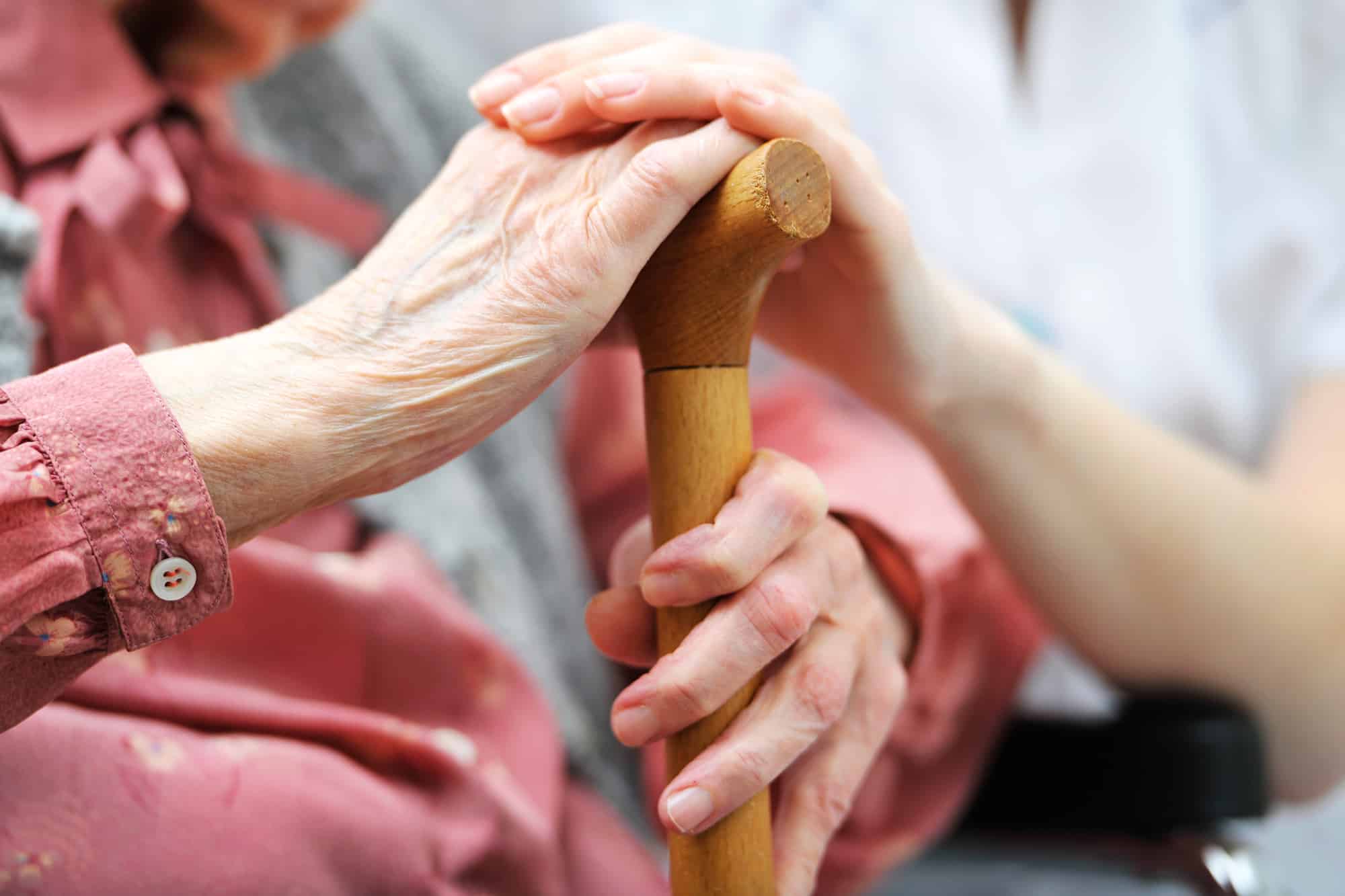Home Health Care Orlando Florida: Expert In-Home Medical Aid
Home Health Care Orlando Florida: Expert In-Home Medical Aid
Blog Article
Key Considerations for Households When Choosing Appropriate Senior Citizen Treatment Solutions for Their Aging Loved Ones
Selecting proper senior treatment options for maturing loved ones is a nuanced procedure that needs careful factor to consider of multiple variables. The examination of readily available treatment optionsâEUR" ranging from at home assistance to specialized facilitiesâEUR" has to be balanced with an understanding of economic implications and safety and security issues.
Assessing Person Needs

In addition, emotional and social requirements play a substantial function in the health of seniors. An evaluation needs to consider the individual's need for social engagement, hobbies, and support systems. Family dynamics and the availability of informal caretakers must additionally be factored right into the equation, as they can influence the kind of treatment that is most suitable.
Examining Treatment Options

In-home treatment provides the benefit of acquainted surroundings and individualized attention, which can improve convenience and emotional wellness. Alternatively, assisted living centers supply a structured atmosphere with accessibility to on-site medical care and social tasks, cultivating community interaction. Nursing homes accommodate those needing extensive medical supervision, while adult day treatment programs permit seniors to participate in social activities throughout the day, giving respite for household caregivers.
It is critical to examine the team qualifications, facility licensing, and offered services in each choice. In addition, family members should seek feedback from present citizens or customers and evaluate the general reputation of the care carriers. Eventually, selecting the appropriate care option is a critical decision that ought to show a balance between the senior's needs, safety, and high quality of life.
Comprehending Expenses and Budget
Navigating the financial landscape of senior treatment can be complicated, as different choices come with differing costs that can significantly influence a family members's spending plan. Recognizing these expenses is important for families to make informed choices relating to care for their aging family members.
Common elderly treatment services include at home care, assisted living centers, and assisted living facility, each with its very own pricing framework. At home care typically bills by the hour, while helped living frequently involves month-to-month lease plus additional service charge. Nursing homes generally have higher fees as a result of the comprehensive healthcare provided. It is vital to think about not only the base expenses but additionally any surprise charges that might occur.
Furthermore, family members ought to examine their financial resources, consisting of insurance coverage, federal government assistance programs, and personal financial savings. Long-lasting treatment insurance may cover specific services, which can relieve some financial problems. Creating a comprehensive spending plan that outlines expected costs can assist families determine one of the most ideal care service while ensuring they stay within their economic methods. By comprehensively understanding the expenses related to each alternative, family members can better navigate this essential element of elderly treatment preparation.
Ensuring Safety and Security
Making sure the safety and protection of senior citizens is critical in any kind of treatment setting, as their susceptability typically requires elevated attention and safety steps. Families must assess the physical setting of potential treatment facilities, trying to find features such as safe and secure entrances, well-lit corridors, and available fire escape. In addition, the presence of safety and security equipment, such as grab bars and non-slip floor covering, can significantly minimize the threat of mishaps.
Team training visit site is another important aspect; caregivers have to be well-versed in emergency treatments, emergency treatment, and the details needs of elderly people. History checks on workers also make certain that homeowners are taken care of by reliable individuals - home health care orlando florida. Modern technology can play a crucial duty in improving security. Checking systems, personal emergency feedback systems (PERS), and fall discovery devices provide peace of mind for family members and prompt help for seniors.
Finally, open interaction channels in between families and care suppliers are important. Routine updates relating to the health of elders, along with a transparent approach to care strategies, can foster trust and ensure that safety remains a main this link emphasis in the treatment supplied. By prioritizing these variables, households can make informed choices that secure their aging relatives.
Involving Household in Decision-Making

Families should begin by openly communicating concerning the numerous treatment remedies readily available, such as at home treatment, helped living, or nursing facilities. It is important to examine the certain demands of the aging relative, including clinical demands, wheelchair, and social interaction. By including all relevant relative, various point of views and insights can be collected, causing more informed choices.
Furthermore, family involvement aids in determining potential caretakers and developing a support network. Normal household meetings can facilitate recurring discussions and adaptations as demands alter, allowing households to remain receptive to the progressing situations of their enjoyed one. Eventually, a collaborative decision-making procedure encourages a feeling of shared duty and guarantees that the picked care solution lines up with the family's vision for their aging family member's well-being and self-respect.
Conclusion
In verdict, selecting proper senior treatment solutions requires a comprehensive analysis of individual demands, offered care alternatives, and linked costs. Focusing on safety and security within the living environment and promoting household participation in decision-making processes better enhances the efficiency of treatment. By aligning treatment selections with the aging relative's case history, emotional requirements, and individual preferences, families can create a helpful network that advertises well-being and dignified living for their liked ones in their later years.
Report this page